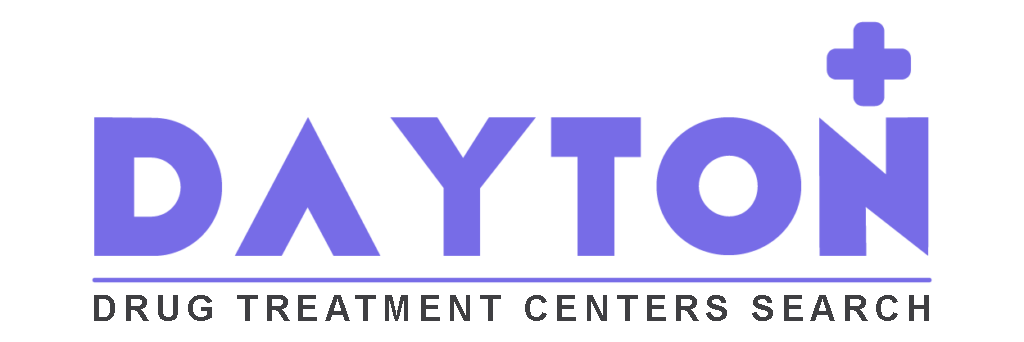Prescription Drug Abuse in Dayton, OH
People get addicted to a wide spectrum of psychoactive compounds, from legal substances like alcohol and nicotine through to illegal street drugs like heroin and meth. The non-medical use of prescription medications is also on the rise across the United States, with opiates, sedatives, and stimulants misused and overused more than ever before. Unlike some other forms of drug abuse, prescription drug abuse affects people from all walks of life, with people abusing prescription drugs for recreational reasons and becoming dependent on existing psychiatric medications. The vast majority of prescription drug abuse concerns three classes of drugs: opiates painkillers such as Oxycontin and Vicodin, benzodiazepine sedatives such as Xanax and Klonopin, and stimulants such as Adderall and Ritalin.
Methods of Prescription Drug Abuse
Prescription medications are abused whenever they are taken for non-medical reasons, with drugs mostly consumed for recreational and performance enhancement reasons. There are many ways to abuse prescription drugs, including increasing dosage levels, using multiple medications at the same time, using medications or scripts intended for someone else, buying prescriptions or medications on the black market, and going to multiple doctors to obtain more than one script for a single condition. Generally speaking, prescription drugs are abused whenever they are consumed in a different way than a doctor intended. Prescription drug abuse rates are increasingly dramatically across the United States, with more people abusing legal medications now than ever before. In one amazing statistic from the National Institute on Drug Abuse (NIDA), Americans consume more than 75 percent of the world’s prescription drug supply while only accounting for 5 percent of the world’s population.
Opiate Abuse and Dependence
Prescription opiate drugs are responsible for more drug-induced fatalities than any other drug class. Opiates include morphine, codeine, Oxycontin, Vicodin, methadone, fentanyl and many others. These drugs are typically prescribed for acute pain conditions, with some drugs also prescribed for chronic pain in certain situations. All opiate drugs are known to produce severe physical withdrawal symptoms when drug intake is stopped or significantly reduced, with medical detoxification needed to reduce the severity of symptoms and promote long-term abstinence. Typical withdrawal symptoms from opiate drugs include excessive sweating, severe aches and pains, nausea and vomiting, abdominal cramps, restless limbs, insomnia, and depression. Some of these symptoms can create additional medical complications if left untreated, with recovering opiate addicts always advised to enter a medically supervised detoxification program. Long-term medical treatment may also be needed in some situations, with methadone therapy and other forms of opiate replacement therapy sometimes administered on an indefinite basis.
Rehabilitation
While detox helps people to stop using drugs and allows people to withdraw in a safe and supportive environment, additional measures are normally needed to address the psychological factors that underpin drug addiction. Whether someone has problems with opiates, sedatives or stimulants, it’s important to address the emotional and environmental factors that precede and influence addiction. Rehab programs are available on an inpatient or outpatient basis, with most programs based on a combination of motivational, cognitive, and behavioral principles. Rehabilitation is normally initiated after detox when patients are clean and sober and ready to embrace the rest of the treatment process. Relapse prevention and aftercare support systems also play an important role in drug addiction treatment, including conventional 12-step programs such as Narcotics Anonymous (NA) and Pills Anonymous.
Let Dayton Drug Treatment Centers connect you with the right services for you. Just give us a call today at (937) 949-4099 to speak with one of our caring recovery advocates.

